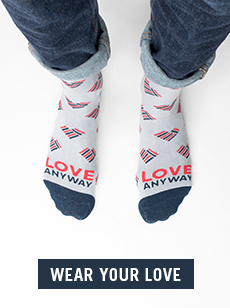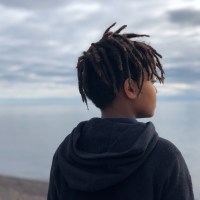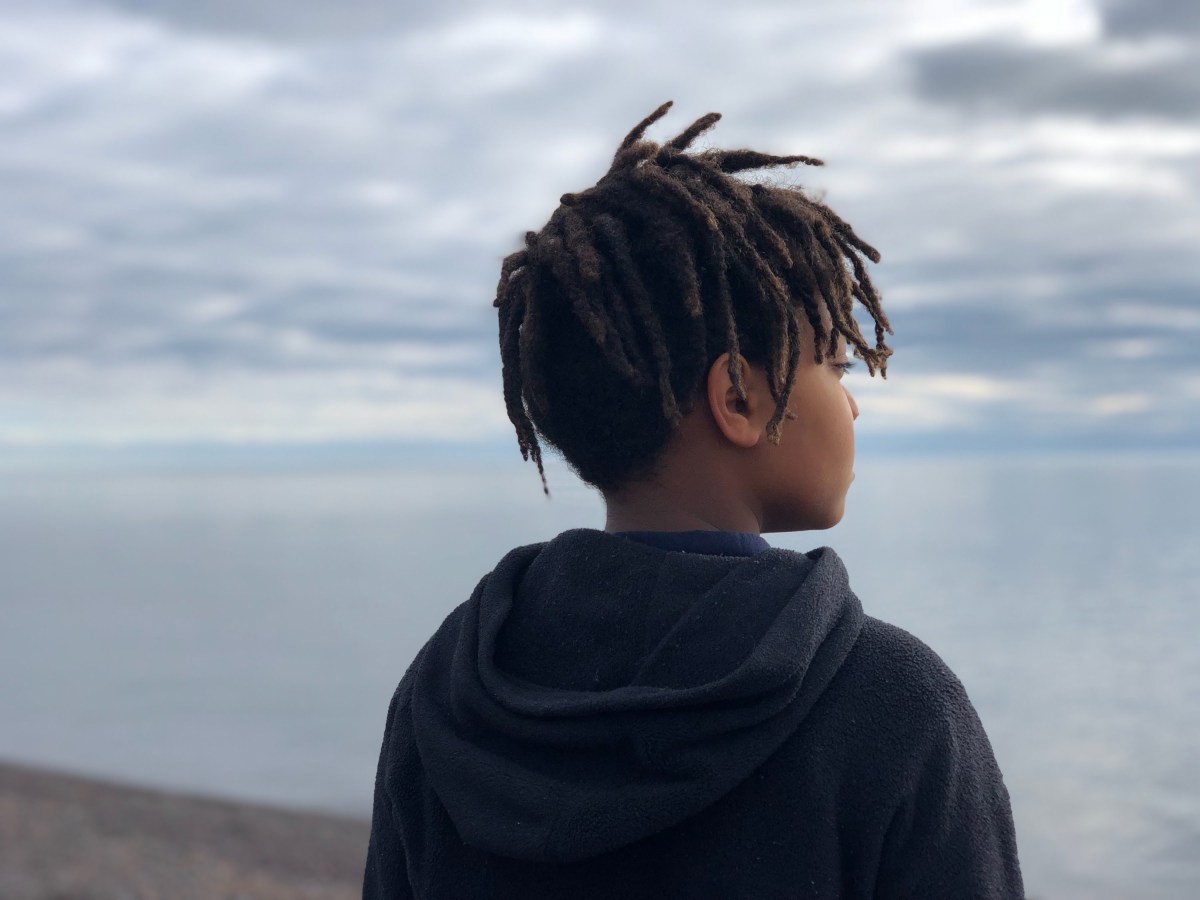“He told me she called him the n-word, mama. So I asked him if he was OK—if he wanted to go tell the teacher or something. Then I got up from my desk and asked her why she called him that. She said, ‘I dunno,’ and walked away.”
Off the bus and straight into my lap, my son barreled into what happened in his fourth grade classroom that day. It hits like a punch in the stomach how small he is, how little his shoulders. How can he carry the racism that adults have handed down to their children? How did we get here, where fourth grade girls are lobbing the n-word at classmates?
While I’m writing to my son’s teacher about the incident, I hear news of the murders of two elderly African Americans executed while grocery shopping. Then pipe bomb attacks move over to make room for the worst massacre of Jewish people on US soil at the Tree of Life Synagogue.
Are the words of hate used in my son’s classroom yesterday connected to the violence in the news cycle today? Are the bias and hate we hand down to our children connected to the violence sent through the mail, showing up in our grocery stores, and places of worship? Can our words be dangerous?
Violence doesn’t start with pipe bombs, grocery store executions of the elderly, or massacring people while they gather to worship. It starts within each of us.
Walk into any party, sit down at any dinner table or church pew, and listen to the stories being told. Who is seen as the “other” in the narrative? The stories lay it bare… who is the butt of the joke? Who are we shaking our heads at by the end of the tale? Who needs us to save them from their folly or their religion?
History tells us the Holocaust was preceded by a hundred years of propaganda decrying Jewish people as a menace to society. Slavery was birthed by white supremacy, where black people were treated more like animals than humans. The stories we tell and the words we use shape our actions.

Violence is like cancer; it starts so small you don’t notice it. It starts with thoughts and words attacking a healthy body—ignored it will transform a healthy cell into a weapon that will infect and kill its neighbors. From my years of being a nurse on the cancer ward, I know that in order to beat cancer we have to stop it from replicating itself. That’s all we do. Words replicate themselves—infecting our souls and our thinking. All violence needs to win is for us to look the other way. To deny we have symptoms. To refuse to admit we are sick.
It’s time for adults to start lifting these burdens off our kids, to shoulder responsibility for the demeaning words being lobbed around our country. Speak up about racism, bias, and bigotry even when it doesn’t affect you personally. This is how we show that we belong to each other. Start having hard conversations with each other, with coworkers, spouses, and friends. If we don’t name the problem, we are feeding it.
The n-word first hit my son in kindergarten, so talk to your kids. They are not too young to understand how words hurt and why words matter. Racism is a sterile word, but it cuts deep into little shoulders, shoulders too small to carry this load. It cuts down bright and beautiful boys and girls before they’ve even grown up.
Now is the time to start making the more beautiful world. Now is when we decide that people are more important than our party lines and political positions, than our own pride or the perceptions of others. We must take responsibility for our own words and each other’s.
Kids are paying the price. People of color are paying the price. And our Jewish neighbors are paying the price for the words we allow to be spoken to each other and across our computer screens.
If we are serious about unmaking violence, then we have to listen to those experiencing violence in word or deed and be willing to ask the hard questions of ourselves. Will we lean into the pain of listening? Will we speak up even when it’s our family or friends who are spewing words of hate? Will we stand up for those across the religious trenches from us?
Our children are watching us, waiting to see if we are gutsy enough to live out what we believe. Let’s show them how to storm their classrooms with fierce kindness, standing on the belief of the unshakable goodness of each other.
Let’s refuse to be bystanders to hate.
Let’s make them proud.


